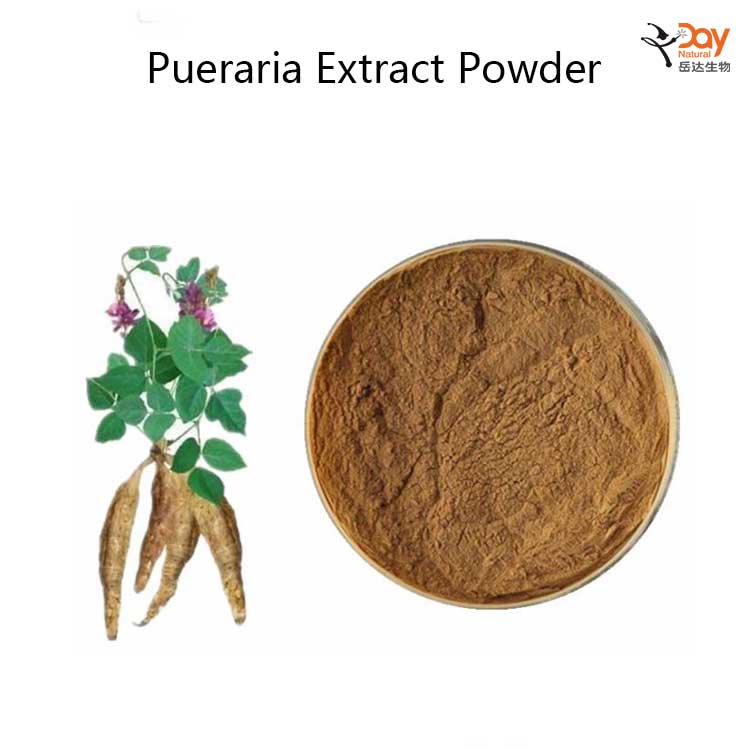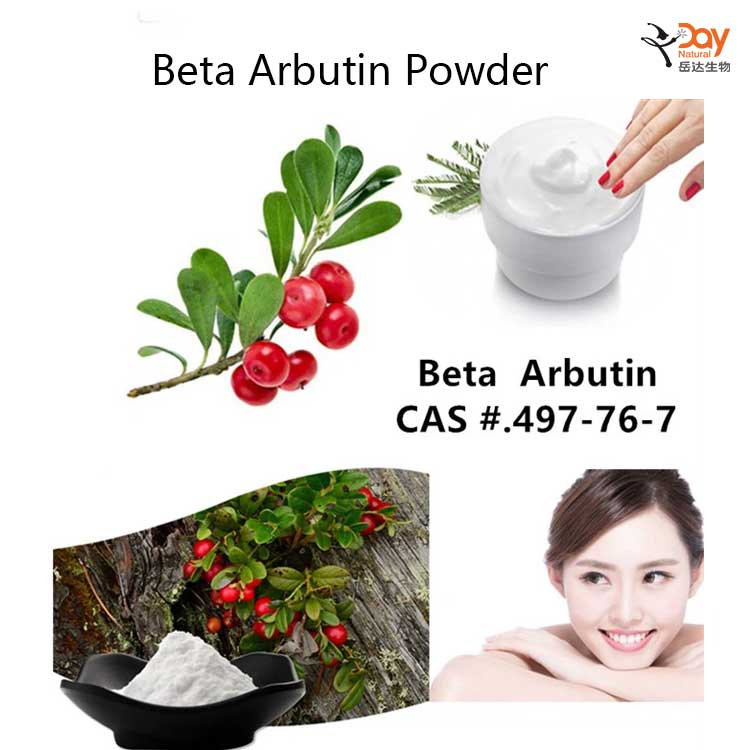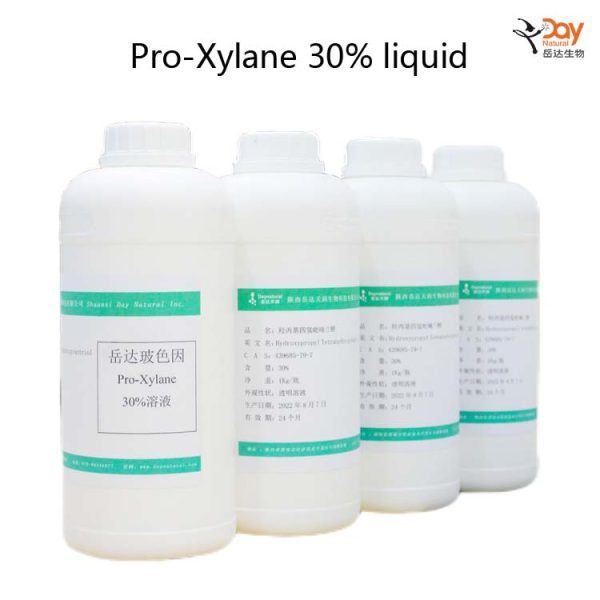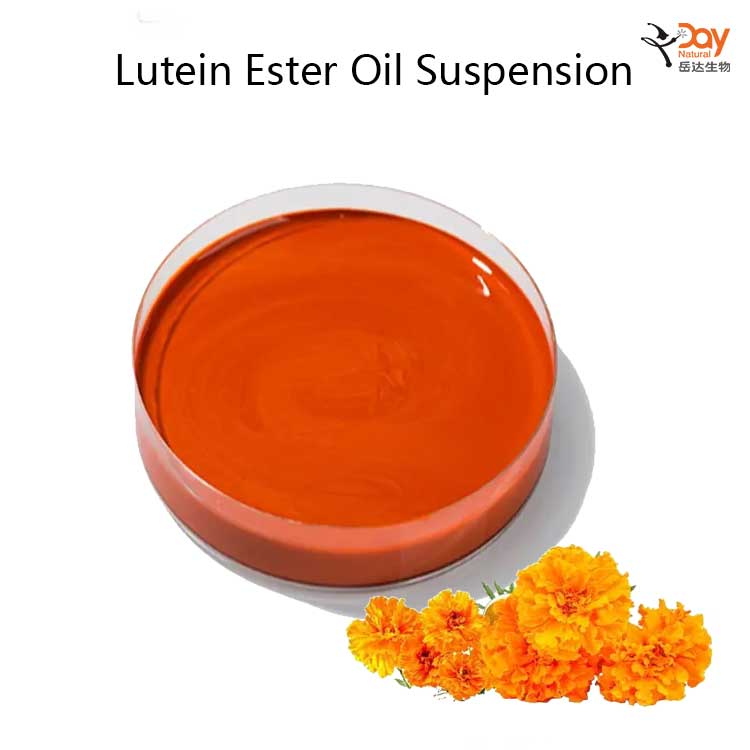Vitamin C and Arbutin
Vitamin C (also known as ascorbic acid) and arbutin are both commonly used skin care ingredients and are often used in skin care products due to their respective whitening and antioxidant properties.
The effects of vitamin C include

– Powerful antioxidant
Can fight free radicals, reduce their damage to skin cells, help slow the skin aging process
– Promotes collagen synthesis
Helps maintain skin elasticity and firmness.
– Whitening spots
By inhibiting the activity of tyrosinase, reduce the production of melanin, so as to achieve the effect of whitening and fading spots.
– Protect against UV damage
While not a replacement for sunscreen, it can reduce the damage of UV rays on the skin.
The effects of arbutin include

– Arbutin Skin Lightening
Arbutin can inhibit the activity of tyrosinase, which is a key enzyme in the synthesis of melanin, so it can effectively reduce the formation of melanin, to achieve the effect of whitening skin.
– Antioxidants
As a natural antioxidant, arbutin can help protect the skin from damage caused by environmental stress and protect the skin from free radical damage.
– Soothe inflammation
It also has certain soothing and anti-inflammatory effects, suitable for sensitive or acne skin.
Benefit of Vitamin C and Arbutin
Vitamin C and arbutin can be used safely together, and this combination is often thought to enhance each other’s whitening effects. Vitamin C can help lighten skin tone and promote the metabolism of melanin, while arbutin inhibits melanin production at its source. The synergistic effect of the two makes whitening more comprehensive and effective.
However, when using any product containing these ingredients, you should pay attention to the instructions of the product, avoid excessive use, and pay attention to whether your skin has adverse reactions to it. If there is any skin discomfort, stop immediately and consult a professional. When used in combination with vitamin C and arbutin, the following recommendations can be followed to ensure safety and effectiveness:
1. Choose the Right Product
There are skin care products on the market that already combine vitamin C and arbutin, such as serums, lotions or creams. Choosing such products will simplify the skincare process and ensure compatibility between ingredients.
2. Pay attention to the concentration and formula
The concentration of arbutin should not exceed 7% to avoid possible photosensitive reactions, generally 1-2% is more appropriate. In vitamin C products, the ideal concentration of L-Ascorbic Acid is usually between 10% and 20%, but the specific needs to be adjusted according to the product formula and skin type. Ensure that the products purchased are in a stable and effective form, such as vitamin C derivatives (such as MAP, SAP) or products with special wrapping technology to improve their absorption and stability in the skin.
3. Time Sharing or Layered Use
Although the ideal pH values of vitamin C (the most stable acidic environment) and arbutin (the neutral environment is better) are different in theory, in practice, most people directly mix without obvious problems. To be on the safe side, you can also choose to use in time intervals, such as using vitamin C products in the morning and arbutin products in the evening, or use the two half an hour to an hour apart to reduce potential interaction.
4. Sunscreen can not be ignored
Because vitamin C and arbutin help reduce skin pigmentation, use them at the same time should pay attention to daily sun protection, to prevent the generation of new melanin, sunscreen SPF30 or more, PA+++ or higher, and need to be reapplied every 2-3 hours.
5. Skin Test
Before using products containing vitamin C and/or arbutin for the first time, it is recommended to do a small skin test behind the ear or on the inside of the wrist to observe for allergic reactions within 24 hours.
6. Gentle Skin Care
While using highly effective ingredients, maintain the gentleness of the basic skin care routine and avoid excessive exfoliation or the use of other strongly irritating products, so as to avoid damage to the skin barrier.
7. Professional Consultation
If you have serious skin problems or are sensitive to certain ingredients, it is best to consult a dermatologist or professional beauty consultant for personalized skin care advice.
When combining vitamin C and arbutin, patience and continuity are key, and the whitening results usually take a while to show. At the same time, healthy lifestyle habits, such as adequate sleep, a balanced diet and moderate exercise, can also have a positive impact on the state of the skin.








This arrived securely wrapped and packed. Nothing was broken and arrived in a timely fashion. Would recommend this seller to all.
nice article
Muchas gracias. ?Como puedo iniciar sesion?